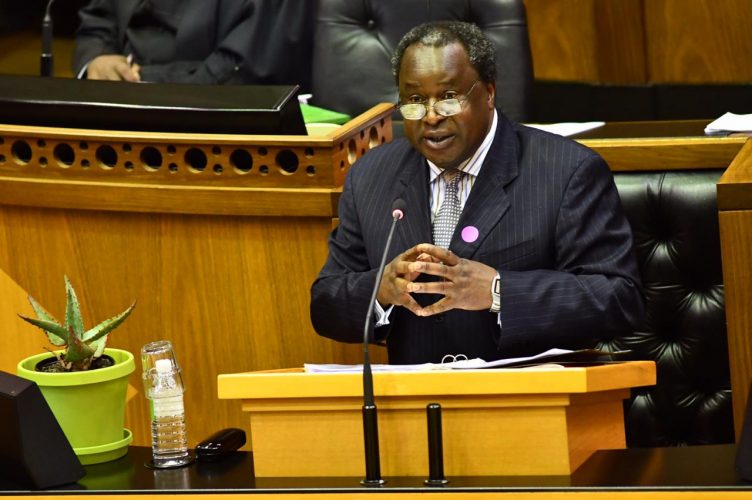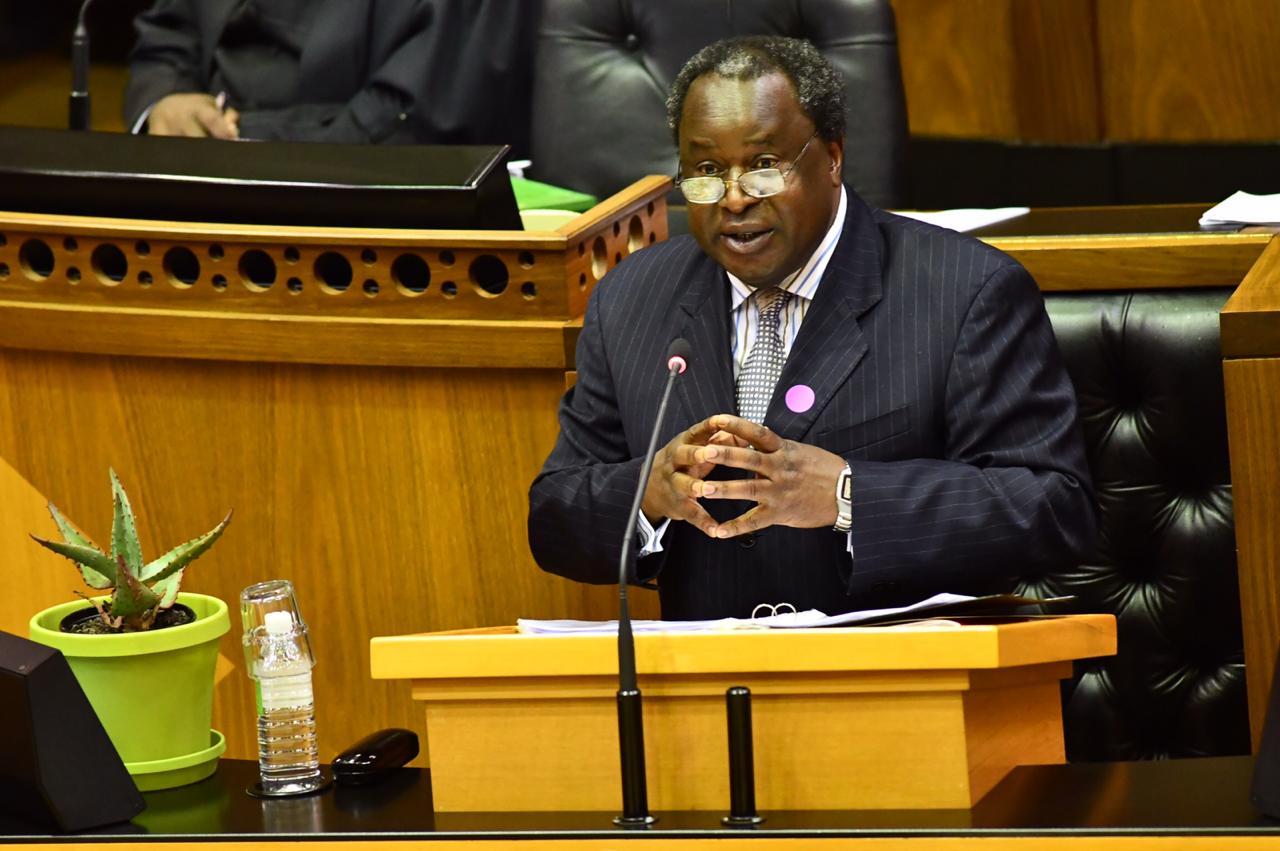
The finance minister has turned to the Constitutional Court in a bid to salvage controversial legislation which lets government automatically disqualify tender hopefuls whose businesses do not meet its standards for broad-based black economic empowerment (B-BBEE).
Last year, the Supreme Court of Appeal (SCA) declared the revised preferential procurement regulations then minister Pravin Gordhan promulgated in 2017 – and their provisions for race-based “pre-qualification” criteria – invalid.
ALSO READ: ‘Apartheid in reverse’: AfriForum lashed for tourism fund court challenge
This was on the back of a legal battle waged by business organisation Sakeliga (formerly AfriBusiness), which said the regulations “heralded a new era in race-based procurement”.
The High Court in Pretoria in 2018 ruled the regulations were “lawful and rational” and dismissed Sakeliga’s case.
On appeal, however, the SCA in November found the regulations were not aligned to the Constitution’s requirements for organs of states contracting out work and that the erstwhile minister acted outside of his powers when he promulgated them.
It set the regulations aside, but suspended its order for 12 months to give current minister, Tito Mboweni, time to enact new regulations.
Mboweni wants another bite at the cherry, though, and has filed an application for leave to appeal in the apex court.
The SCA’s judgment focused largely on Section 217 (1), which states that: “When an organ of state in the national, provincial or local sphere of government, or any other institution identified in national legislation, contracts for goods or services, it must do so in accordance with a system which is fair, equitable, transparent, competitive and cost effective.”
But the minister’s argument centres largely on Section 217 (2) which provides that this “does not prevent the organs of state or institutions referred to in that subsection from implementing a procurement policy providing for categories of preference in the allocation of contracts; and the protection or advancement of persons, or categories of persons, disadvantaged by unfair discrimination”.
In their heads of argument, his counsel, Ngwako Maentje and Mkhului Stubbs, also said Sakeliga’s true concern was that the regulations “exclude exclusively white entities from winning tenders from government if they remain completely untransformed”.
ALSO READ: Ramaphosa: We will appoint any ‘capable, qualified and ethical’ person
They denied this, insisting the regulations sought only to “reverse past racial injustice”.
Sakeliga is opposing the application and says an appeal bears no prospects of success. The organisation’s case, in part, is that tenders should be awarded in line with the legislated preference points system and that race – as well as gender and disability – only come into play during the preference point adjudication.
“Race, gender and disability cannot be used to first establish a group of ‘qualified’ tenderers and thereafter again be taken into account as part of the preference point system,” the organisation’s counsel, Bertus Bergenthuin and Maisa Merabe, said.
They accused the minister of “playing the race card” and were adamant the application was “not a question of white against black”.
“The application concerns merely a question of transparency and fairness,” they said.
bernadettew@citizen.co.za

